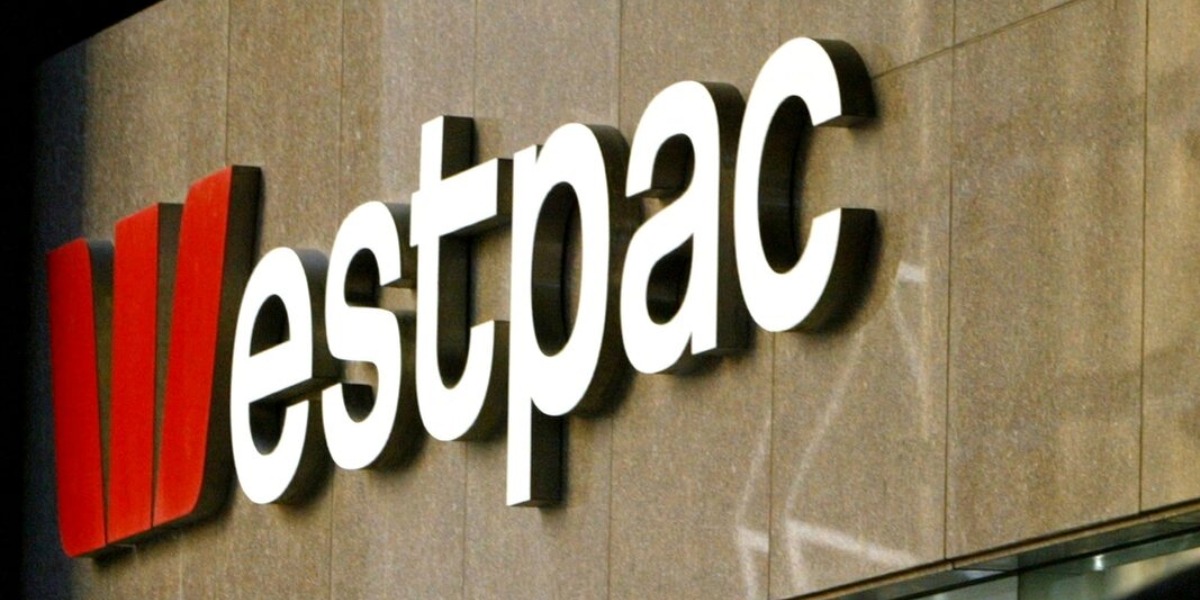The percentage of Australian consumers who consider a Westpac bank as their main financial institution fell from 16.8 per cent a year ago to 15.4 per cent at the end of 2024–2025, even as the lender grew its overall customer deposit level by seven per cent to $723 billion.
The loss of market share came from customers at Westpac’s three regional brands – St George Bank, BankSA, and Bank of Melbourne – switching all of their banking to another institution because of overpriced mortgage products for owner-occupiers.
“That was a really humble reminder to us, about not looking at products like mortgages in a standalone return setting, but to really think about the whole of customer and are we getting a balance right?” Westpac chief executive Anthony Miller told analysts on Monday.
“And we’ve recognised that we weren’t getting the balance right, and we’ve addressed that, and are much more focused on how we can support those customers.”
Westpac focused on loans to property investors in 2024–2025, while positioning its mortgage offerings for owner-occupier borrowers at above-market rates, he said.
Mr Miller acknowledged Westpac didn’t catch what was happening in its regional brands as fast as it should have.
“And that’s on myself,” he said.
“We’re very focused on now addressing that.”
The lapse is embarrassing for a bank that was otherwise trying to tout its focus and investments in regional Australia, including a new service centre in Moree, with more centres planned and a 22 per cent growth in its agribusiness loan portfolio.
Mr Miller was pleased with Westpac’s overall results, including a $6.9 billion net profit after tax for the 12 months to September 30, down two per cent from a year ago.
The bank’s loan book increased by six per cent to $851.9 billion, while operating expenses rose nine per cent to $11.9 billion, reflecting salary and wage growth and the cost of rolling out the Unite program to move its banking systems to one unified platform.
Westpac announced it was selling its $21.4 billion RAMS mortgage portfolio to a consortium that includes Pepper Money, US private equity giant KKR, and investment manager PIMCO.
The sale came after the corporate regulator ASIC sued Westpac over bad practices at its RAMS subsidiary, accusing it of systemic misconduct in arranging home loans.
Mr Miller said the RAMS business ran on a standalone set of technology almost independently from the rest of Westpac’s home-loan business, and wasn’t big enough to offer much benefits of scale.
Westpac will pay shareholders a final ordinary dividend of 77 cents per share, taking its total dividends for the 2024–2025 financial year to $1.53 per share, up one per cent from the previous year.
Environmental groups said they were disappointed by Westpac’s climate report, also released on Monday.
Market Forces said Westpac had become the first of the big four banks to eliminate financing for coal mining for electricity, but still retained $1.6 billion in loans to the oil and gas extraction sector.
Westpac had weakened its approach to deforestation by no longer requiring a formal no deforestation commitment from its borrowers, the Australian Conservation Foundation said.
Got something you want to say about this story? Have your say on our opinion and comment hub, New England Times Engage

